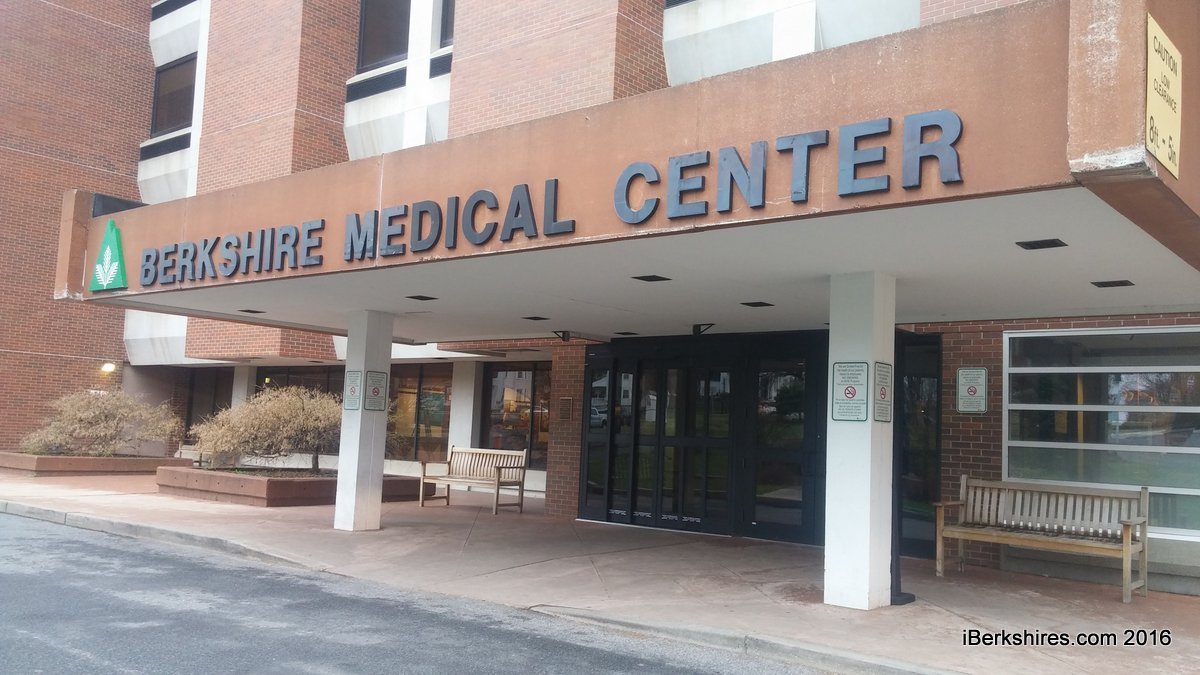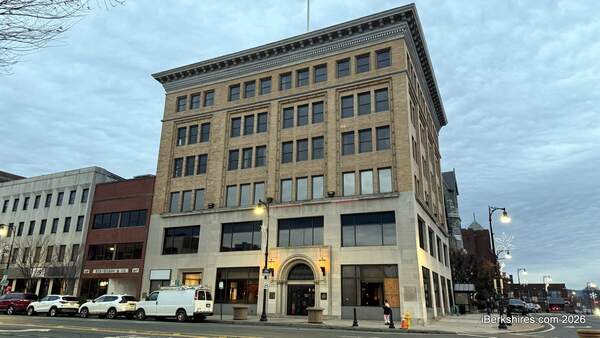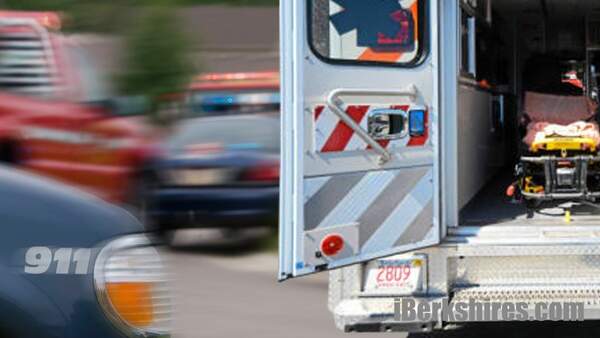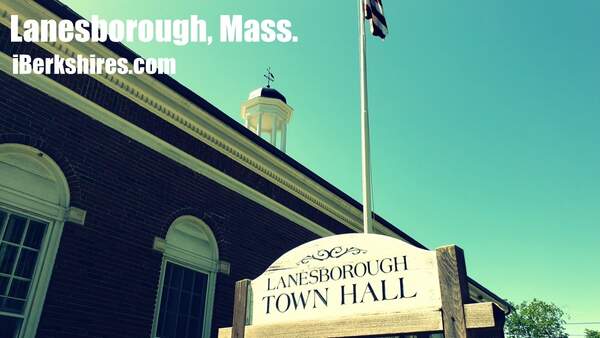
Berkshire Medical Center Gets OK to Expand Addiction Treatment
PITTSFIELD, Mass. — Berkshire Medical Center is taking the first steps in providing local comprehensive after-care for patients struggling with addiction.
The Massachusetts Department of Public Health has approved the proposal by BMC to create a new 30-bed unit to improve long-term recovery. The Clinical Stabilization Services center will be created on the first floor of the Edward A. Jones Memorial Building, which also contains the the McGee Recovery Center.
The 21-bed McGee unit provides short term — less than a week — of 24/7 supervised detoxification. But the closest longer-term support centers are in Springfield and Holyoke.
"McGee is a medically monitored detox center ... there's a gap in services where they transition from that point," Shannon McCarthy, program director of McGee and director of the new center, said. "Once [patients] have safely withdrawn from alcohol or other drugs, the clinical stabilization center will have more of a counseling component. ... That will be the major focus."
The CSS beds would allow patients to be treated for between 14 and 30 days in a hospital setting, and would provide individual counseling, group therapy and behavioral health educational groups. The building will require some renovation and there is no set date for the center's opening.
Transition from the McGee Unit will be the most common access to the CSS center, but it may also be used by patients age 18 and older who are or may be in danger of relapse.
The stabilization center will offer comprehensive recovery services that go far beyond monitoring. McCarthy said the primary focus will be on individual and family counseling, and addressing underlying issues to the substance abuse.
"A lot of our patients have anxiety problems, some have cognitive problems ... a lot of people have nutritional needs," she said. "We will also do HIV and AIDS education. ...
"A big piece of what will be going on is family therapy to bring loved ones into the treatment ... they tend to burn bridges with family and friends and it's really important for them to have that support."
Patients will also have access to help with resume and life skills, finding sober housing or other living accommodations, setting up appointments with primary care physicians, obtaining social services such as food stamps, and long-term support services including through The Brien Center and methadone clinics.
Treatment will center on building support networks to reduce recidivism and relapse that can continue afterward in residential recovery homes such as the Keenan House, operated by The Brien Center, or other structured outpatient programs.
"The Clinical Stabilization Services unit at BMC, combined with many other services at BMC and in the community, will help in improving the long-term outlook for many in our community who are suffering from addiction," said David Phelps, president and CEO of Berkshire Health Systems, in a statement. "Addiction is a serious illness and Berkshire Health Systems is committed, in collaboration with our community partners, to providing programs that can help those who are impacted to achieve life-long success in recovering from this horrible disease."
The DPH is also considering an application from The Brien Center for expansion of the Keenan House in order to accommodate additional clients in need of treatment in a residential setting. The Berkshire Health Systems Board of Trustees has pledged to provide $500,000 to The Brien Center for the expansion, if approved by the state.
Comprehensive treatment is considered critical in the days following detox. In 2015, some 1,750 patients came through McGee, up some 300 from the year before, and the increase has been largely fueled by opiod addictions. According to BMC, more than 6,000 people have died from opioid and heroin addiction over the past decade and rate opiate-related overdose deaths in Berkshire County "has dramatically increased since 2010."
"It's going to be a really strong clinical program," McCarthy said of the stabilization center. "There will be supports in place to help themselves and to empower them through their recovery."
Tags: BMC, drug treatment, Opioid abuse, substance abuse,















